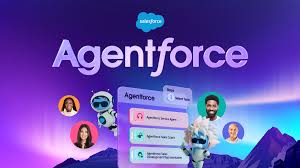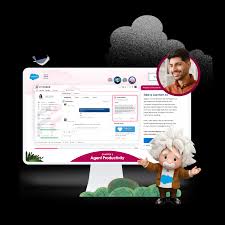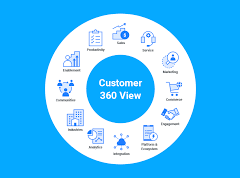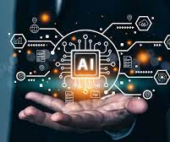Salesforce’s Agentforce: Redefining AI-Driven Customer Service
Salesforce has made major strides in AI-powered customer service with Agentforce, its agentic AI platform. The CRM leader now resolves 85% of customer queries without human intervention—an achievement driven by three key factors:
- Continuous Learning – Agentforce evolves with every customer interaction, improving over time.
- Seamless Salesforce Integration – The platform works natively within the Salesforce ecosystem.
- Power of Data Cloud – The customer data platform (CDP) connects Salesforce data with external sources, enabling AI agents to execute tasks across enterprise systems.
Speaking at the Agentforce World Tour, Salesforce Co-Founder & CTO Parker Harris emphasized the platform’s role in handling vast volumes of customer interactions. The remaining 15% of queries are escalated to human agents for higher-value interactions, ensuring complex issues receive the necessary expertise.
“We’re all shocked by the power of these LLMs. AI has truly hit a tipping point over the past two years,” Harris said.
Currently, Agentforce manages 30,000 weekly conversations for Salesforce, proving its growing impact. Yet, the journey to adoption wasn’t without its challenges.
From Caution to Acceleration: Agentforce’s Evolution
Initially, Salesforce approached the Agentforce rollout with caution, concerned about AI hallucinations and accuracy. However, the company ultimately embraced a learn-by-doing approach.
“So, we went for it!” Harris recalled. “We put it out there and improved it every hour. Every interaction helped us refine it.”
This iterative process led to significant advancements, with Agentforce now seamlessly handling a high volume of inquiries.
Expanding Beyond Customer Support
Agentforce’s impact extends beyond customer service—it’s also revolutionizing sales operations at Salesforce. The platform acts as a virtual sales coach for 25,000 sales representatives, offering real-time guidance without the social pressures of a human supervisor.
“Salespeople aren’t embarrassed to ask an AI coach questions, which makes them more effective,” Harris noted.
This AI-driven coaching has enhanced sales efficiency and confidence, allowing teams to perform at a higher level.
Real-World Impact and Competitive Edge
Salesforce isn’t just promoting Agentforce—it’s using it to prove its value. Harris shared success stories, including reMarkable, which automated 35% of its customer service inquiries, reducing workload by 7,350 queries per month.
Salesforce CEO Marc Benioff highlighted this competitive edge during the launch of Agentforce 2.0, pointing out that while many companies talk about AI adoption, few truly implement it at scale.
“When you visit their websites, you still find a lot of forms and FAQs—but not a lot of AI agents,” Benioff said.
He specifically called out Microsoft, stating:
“If you look for Co-Pilot on their website, or how they’re automating support, it’s the same as it was two years ago.”
Microsoft pushed back on Benioff’s critique, sparking a war of words between the tech giants.
What’s Next for Salesforce?
Beyond AI-driven service and sales, Salesforce is making bold moves in IT Service Management (ITSM), positioning itself against competitors like ServiceNow.
During a recent Motley Fool podcast, Benioff hinted at Salesforce’s ITSM ambitions, stating:
“We’re building new apps, like ITSM.”
At the TrailheadDX event, Salesforce teased this new product, signaling its expansion into enterprise IT management—a move that could shake up the ITSM landscape.
With AI agents redefining work across industries, Salesforce’s aggressive push into automation and ITSM underscores its vision for the future of enterprise AI.
🔔🔔 Follow us on LinkedIn 🔔🔔













